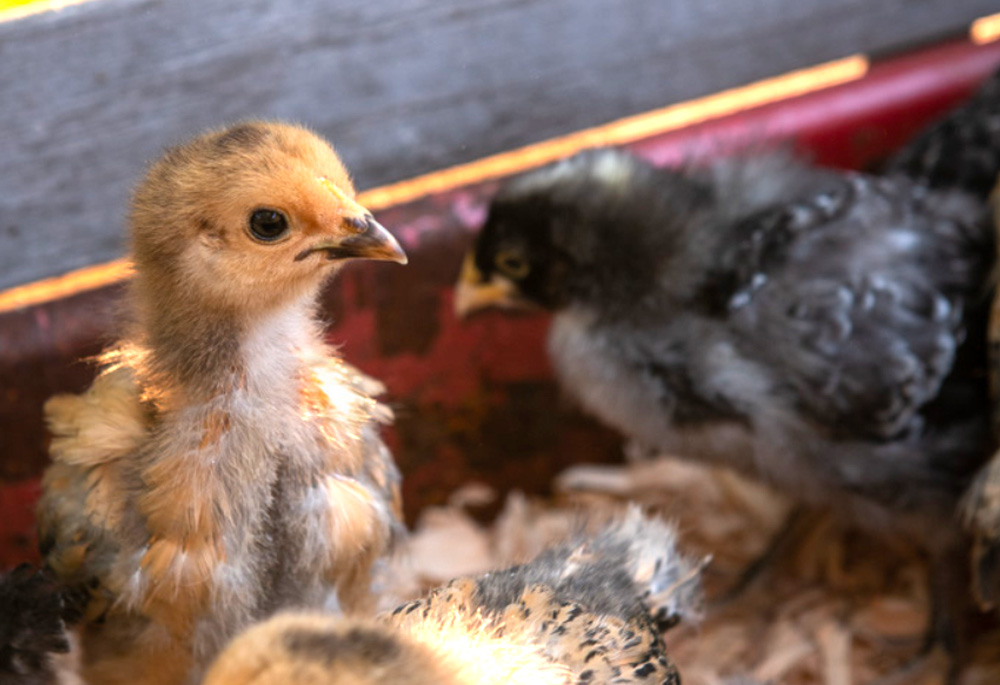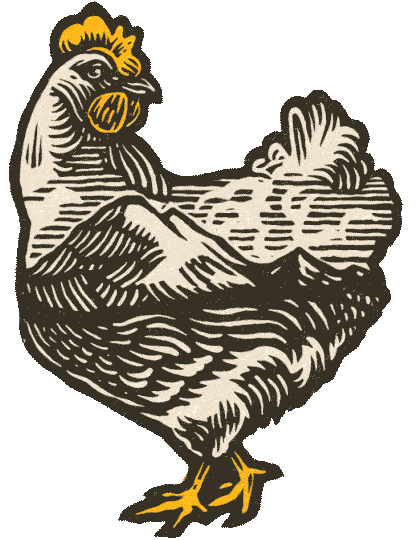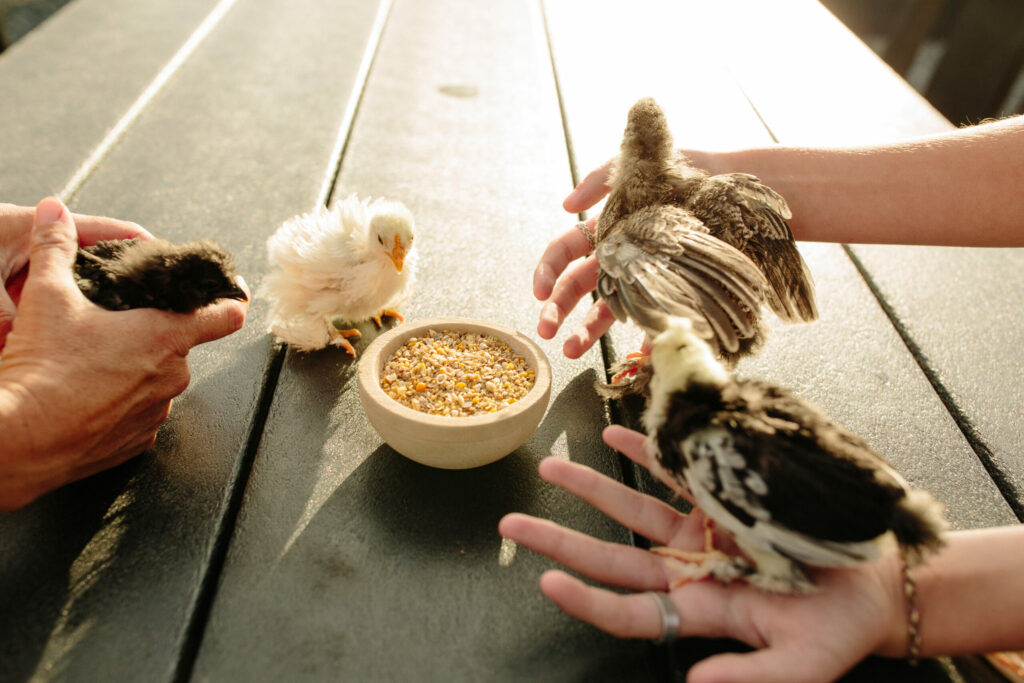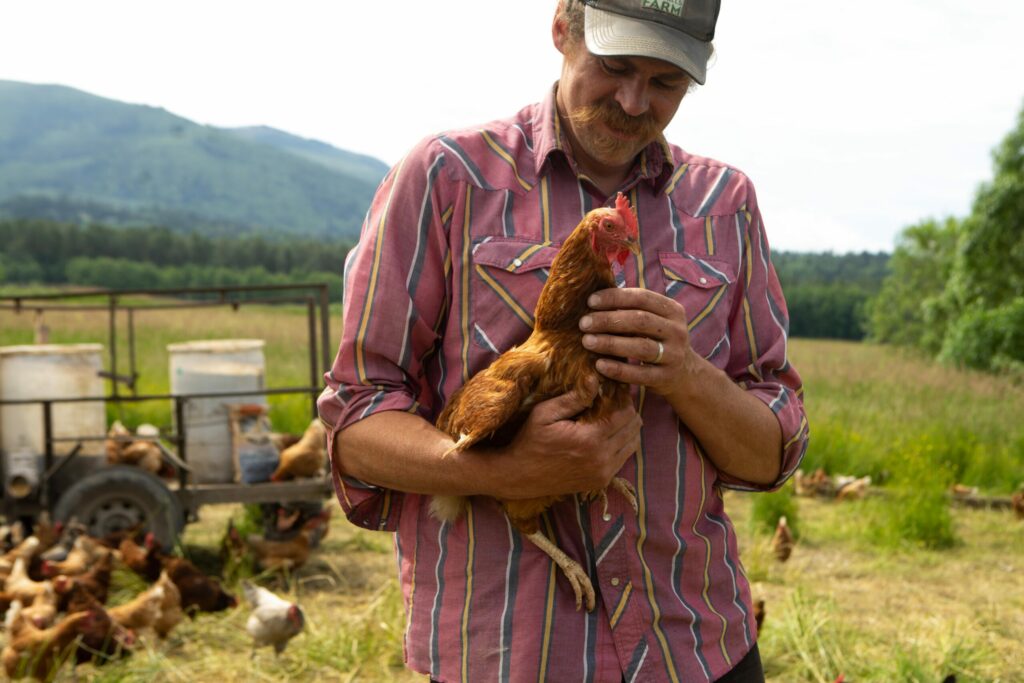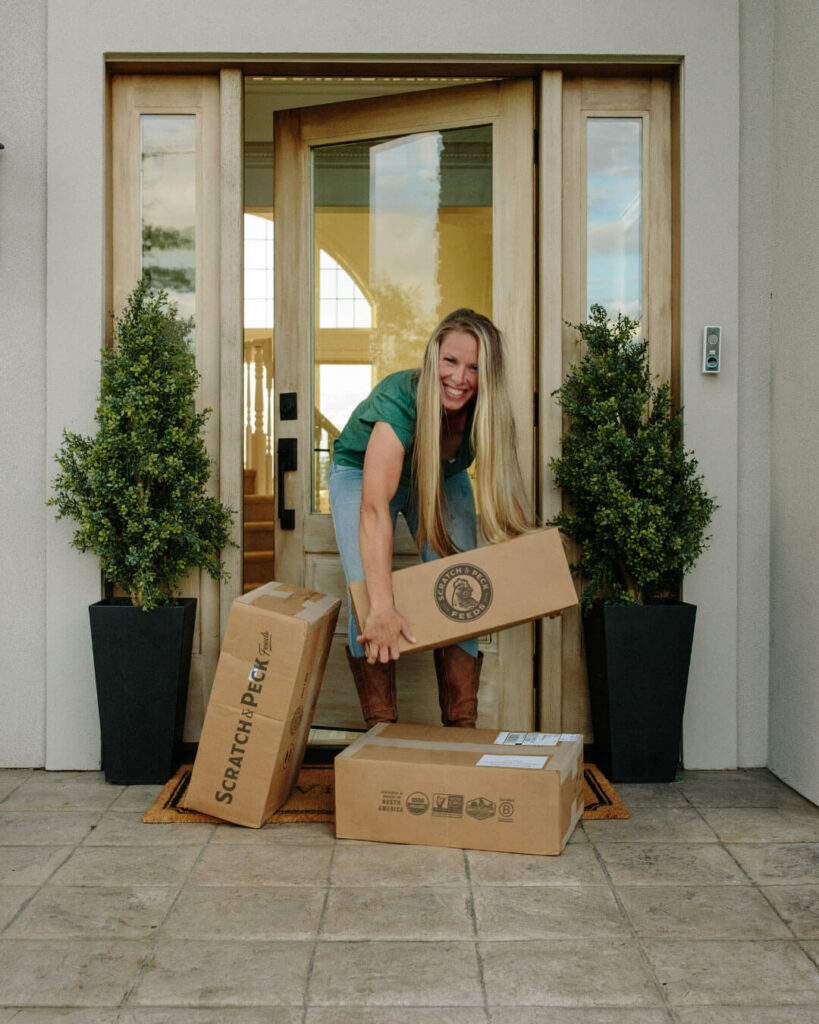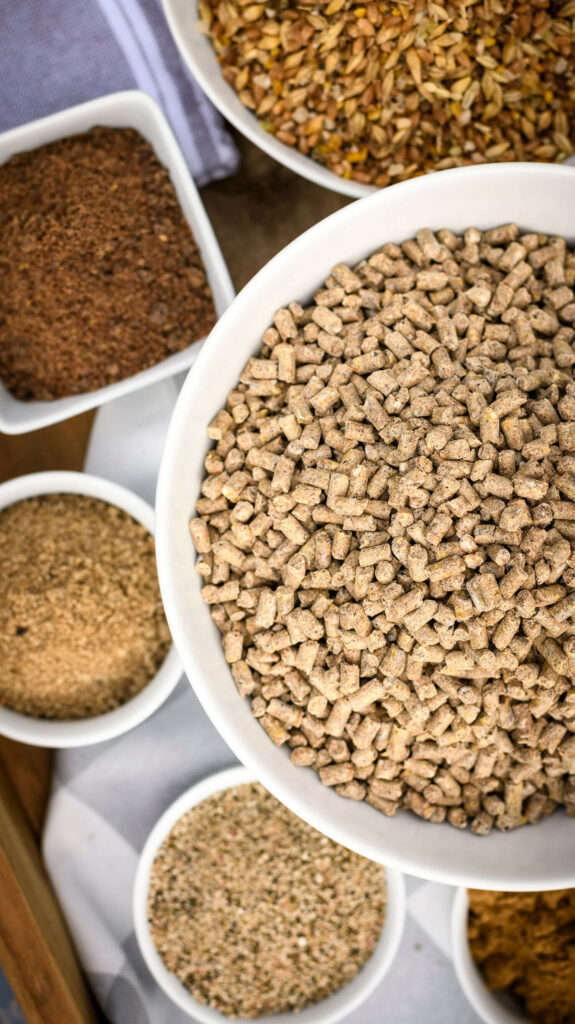What is biosecurity?
Biosecurity is a vital part of animal welfare. It is the strategic plan that a flock owner puts in place to ensure the utmost health of their flock in all standards of life, including food, health, mind, and beyond. What decisions come into play when considering how your chickens interact with their environment and other animals? Do they free range? Are they in an enclosed run? What weather elements do you need to prepare for when feeding and watering your flock? These are among many biosecurity factors to consider. From securing your animals from predators, both wild and domestic, to protecting your flock from viruses, there are steps you can take to help ensure your flock’s health and wellbeing.
Why is biosecurity important?
Biosecurity can protect your flock from anything that could endanger it while promoting your flock’s quality of life and longevity. Think of how you raise your chicken’s feeders to help prevent rats. This is biosecurity prevention. You are actively helping your flock stay safer. When you feed your flock a wholesome, nutritious diet to aid their gut health, you are practicing internal biosecurity.
How can you practice biosecurity?
- Use a separate pair of shoes solely for coop chores to help isolate the possibility of bacteria or other pathogens from entering the run. Plus, you’ll keep your house cleaner by not tracking in any yucky chicken yard waste.
- Chickens poop a lot at night! And all that poop contains ammonia that can cause respiratory irritation. If you aren’t practicing the deep litter method in your coop, clean out the building regularly to reduce poop buildup. The droppings and bedding material have flockin’ fab benefits (in your compost but not in the coop!)
- Check your flock’s food and water daily. If the water looks murky or has visible dirt in it, replace it with clean water. Be sure to clean up food spills, too. Grains, pellets, or crumbles left on the ground are an invitation to pests such as mice. Staying on top of these small tasks will help reduce the amount of cleaning that can be involved in daily chores.
- When introducing new farm-ily members, use best practices and follow local guidelines. Sometimes this can include an adjustment period away from the rest of your flock, followed by a period where they can see each other but not interact just yet.
- Have a separate space for those “just in case” moments when a flock member becomes injured or unexpectedly sick. This can help them rest and heal in a quiet environment while giving you time to assess potential extra health needs of your other flockstars.
- Regularly handle your birds to inspect them for their health and wellness. Not only will this make your life easier, but it will also help them understand you’re not a threat to them – you’re only there to help! Our Cluckin’ Good Grubs can come in handy as a treat for getting your birds excited about your visits.
- Have a plan for biosecurity breaches! For instance, set up a procedure to hustle your ladies into the coop to keep them safe from cats or other critters that may break into your chicken run. Also make plans on how to secure the run once the ladies are safely tucked inside the coop. Make plans for environmental factors as well, such as damages to their habitat caused by severe storms.
- Research local vets that accept poultry pets. It’s great knowledge to have ahead of time in case you ever need to contact them for an emergency.
- Have a first aid kit on hand. Kits made specifically for chickens can be bought online. General first aid kits include a lot of basics you’ll find beneficial for your flock. (Fun tip! Our Cluckin’ Good Herbs are a great way to add nutrients to your flockstars’ diet. Simply sprinkle some herbs on top of their feed for a tasty treat. Add the herbs to water for a drink that will help keep your chickens hydrated if they’re feeling under the weather).
Find your biosecurity rhythm!
We all live in a biodynamically changing and fabulous world. It can be scary and overwhelming, but by tackling biosecurity with a peck of prevention, you’re helping prepare your flock for daily life and any kind of speed bumps in the road. Maybe that’s why the chicken was crossing the road. Because their owner practiced good biosecurity measures and prepared it for all possibilities!
For more tools and resources, feel free to reach out to our customer advocate team: 360-318-7585 or hello@scratchandpeck.com.
